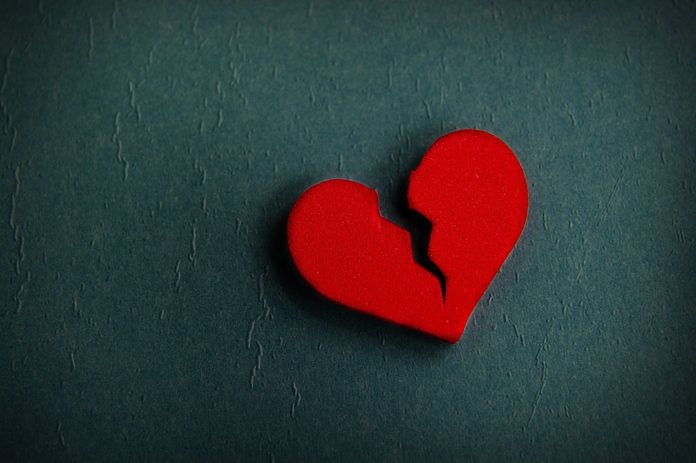According to estimate, almost 3,000 people in the UK each year suffers from Takotsubo syndrome. The syndrome is also known as broken heart syndrome. It is a condition in which temporarily heart failure occurs who experience severe stress. This might actually cause longer-lasting damage to the heart muscle. The broken heart syndrome generally triggers when a person suffers severe emotional stress, such as after bereavement.
Scientists at the heart attack.
Scientists used ultrasound and cardiac MRI scans to examine how the patients’ hearts were functioning in minute detail. They found that the twisting or wringing motion of heart during heartbeat was delayed. And thus, the heart’s squeezing movement was reduced.
In other words, scientists found that the disease had permanently affected the heart’s pumping motion. They also found that parts of the heart’s muscle are replaced by fine scars. The scars reduce the elasticity of the heart and prevent it from contracting properly.
Research lead, Dr. Dana Dawson, a BHF-funded researcher at the University of Aberdeen said, “We used to think that people who suffered from Takotsubo Cardiomyopathy would fully recover, without medical intervention. Here we’ve shown that this disease has much longer lasting damaging effects on the hearts of those who suffer from it.”
Professor Metin Avkiran, Associate Medical Director at the British Heart Foundation, said, “This study has shown that in some patients who develop Takotsubo syndrome various aspects of heart function remain abnormal for up to 4 months afterward. Worryingly, these patients’ hearts appear to show a form of scarring, indicating that full recovery may take much longer, or indeed may not occur, with current care.”
“This highlights the need to urgently find new and more effective treatments for this devastating condition.”
